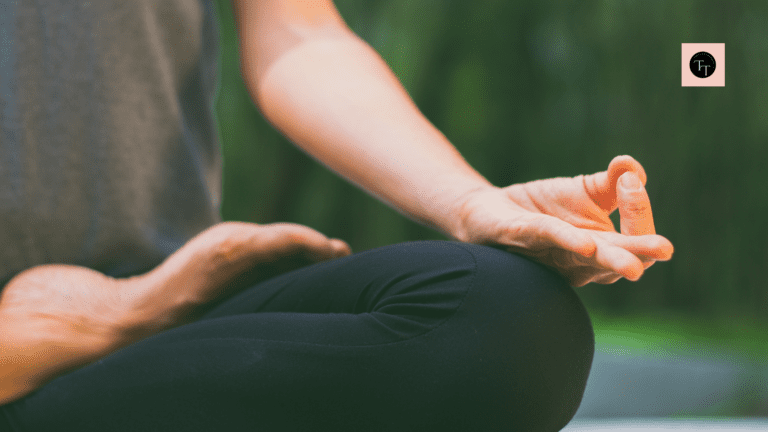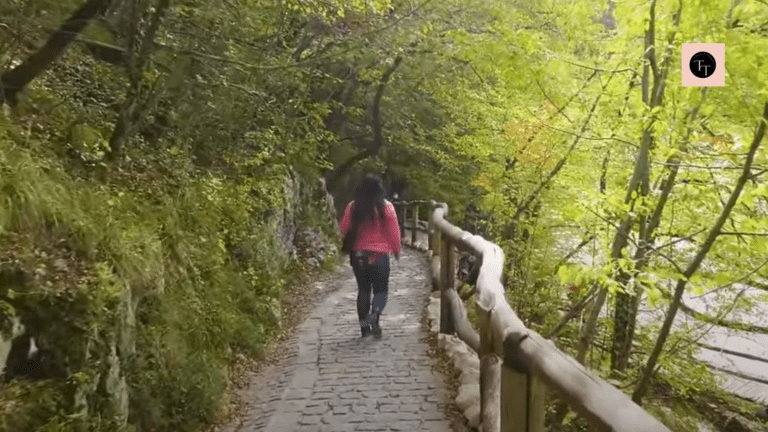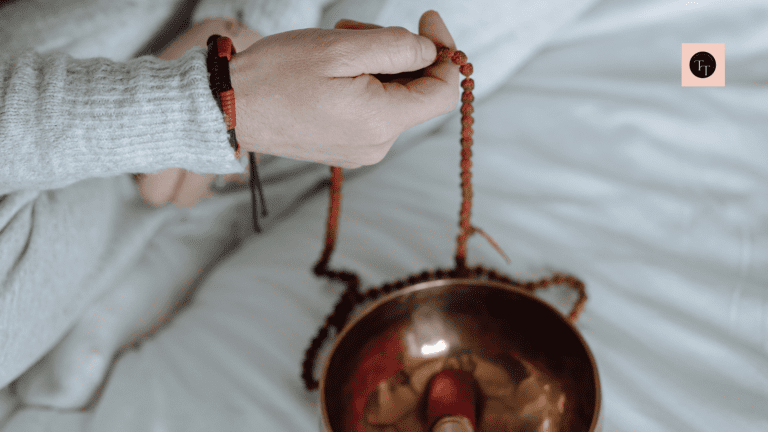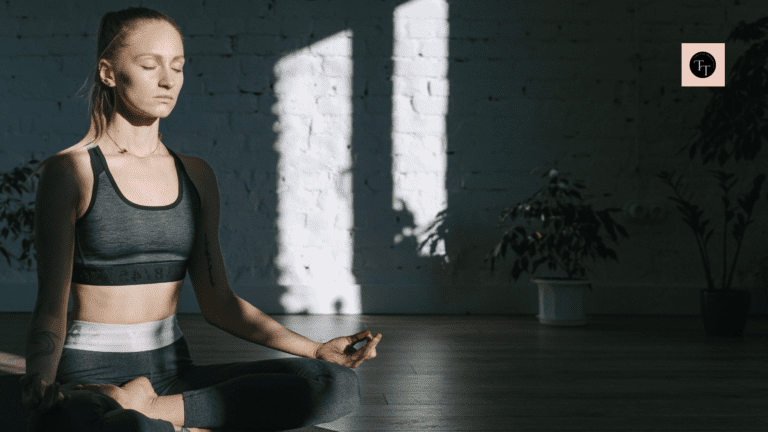Deep Breathing Meditation for Sleep
Many of us struggle to get a good night’s sleep, especially as we age and face life’s challenges Thankfully, Deep Breathing Meditation for Sleep can help significantly.
It is a proven fact that restful and deep sleep is essential for cognitive function, emotional balance, and physical health, enhancing productivity, mood regulation, and immune strength.
Sleep helps the body recover, reduces stress, and lowers the risk of chronic conditions, promoting overall well-being and vitality.
“Sleep is the best meditation.” – Dalai Lama
Deep breathing meditation for sleep helps calm the mind and relax the body, making it easier to drift off.
Deep breathing meditation involves focusing on your breath, taking slow, deep breaths, and letting go of tension and stress. It’s a gentle way to prepare your mind and body for rest.
In this article, I’ll share how deep breathing meditation for sleep can transform your nights and improve your life. We’ll explore the benefits of this practice, and how it works.
Understanding Deep Breathing Meditation
Deep breathing meditation is a simple yet powerful practice. It involves focusing on your breath, taking slow, deep breaths, and letting go of tension or stress.
Deep breathing meditation helps calm the mind and relax the body, making it easier to fall and stay asleep.
Roots in Ancient Wisdom
Deep breathing meditation has roots in ancient wisdom from Hinduism, Buddhism, and Zen philosophy.
In Hinduism, pranayama is the practice of controlled deep breathing to achieve a state of calm and focus. In Buddhism, mindful breathing is used to cultivate awareness and presence. Zen philosophy emphasizes the importance of breath in achieving a state of inner peace and tranquility.
“The mind is the king of the senses, but the breath is the king of the mind.” – B.K.S. Iyengar
Benefits of Deep Breathing Meditation for Sleep
Deep breathing has many benefits for relaxation and sleep. It helps reduce stress and anxiety, lowers blood pressure, and promotes a sense of calm.
By focusing on your breath, you can quiet your mind and let go of all the worries of the day. This makes it easier to drift off into a peaceful sleep and wake up feeling refreshed.
The Science Behind Deep Breathing Meditation for Sleep
Physiological Effects on the Body and Mind
Deep breathing meditation has profound effects on both the body and mind. When we take slow, deep breaths, it signals our nervous system to relax.
Deep breathing helps lower heart rate and blood pressure. It also increases oxygen flow to the brain, promoting a sense of calmness and clarity.
Deep breathing is a powerful tool for reducing stress and anxiety. Deep breath activates the parasympathetic nervous system and prepares the brain for rest. It does so by reducing the levels of stress hormones like cortisol.
Scientific Evidence and Studies
There is scientific evidence supporting the benefits of deep breathing meditation for sleep. Studies have shown that deep breathing can improve sleep quality by reducing stress and promoting relaxation.
For example, a study published in the Journal of Clinical Psychology found that participants who practiced deep breathing exercises experienced significant improvements in sleep quality and reduced insomnia.
Recommended Breathing Techniques for Better Sleep
Here are some effective breathing techniques for better sleep, recommended by experts and authoritative journals:
- 4-7-8 Breathing Technique: Inhale through your nose for 4 seconds, hold your breath for 7 seconds, and exhale through your mouth for 8 seconds. This technique helps relax the nervous system and promotes calmness.
- Bhramari Pranayama (Bee Breath): Close your eyes, cover your ears with your hands, and place your fingers over your eyes. Inhale deeply, then exhale slowly while making a humming sound. This technique reduces stress and calms the mind.
- Diaphragmatic Breathing: Lie on your back with one hand on your chest and the other on your abdomen. Inhale deeply through your nose, allowing your abdomen to rise, and exhale slowly through your mouth. This technique engages the diaphragm and promotes relaxation.
- Box Breathing: Inhale through your nose for 4 seconds, hold your breath for 4 seconds, exhale through your mouth for 4 seconds, and hold your breath again for 4 seconds. This technique helps regulate breathing and reduce stress.
- Three-Part Breathing: Inhale deeply, filling your abdomen, chest, and upper lungs. Exhale slowly, releasing the breath from your upper lungs, chest, and abdomen. This technique promotes full lung capacity and relaxation.
Check out The 8 Best Breathing Techniques for Sleep by Healthline, to learn more.
You can follow any one of the recommended techniques. By experimentation, I have settled on a simple breathing technique that works for me. Try it. It may work for you too!
A Simple Guide to Deep Breathing Meditation for Sleep
Start by lying down on your back in a comfortable position. You can place a pillow under your knees to support your lower back if needed. Close your eyes and take a few moments to settle in.
Begin to focus on your breath. Take a slow, deep breath in through your nose, allowing your abdomen to rise as you fill your lungs with air. Hold your breath for a few seconds, then slowly exhale through your mouth, allowing your abdomen to fall.
To help maintain focus, you can count your breaths. Inhale for a count of four, hold for a count of four, and exhale for a count of six. Repeat this cycle several times, allowing your mind to become calm and centered.
As you continue to breathe deeply, visualize a peaceful and calming scene. It could be a serene beach, a quiet forest, or any place that brings you a sense of tranquility. Imagine yourself in this place, feeling safe and relaxed.
Gradually relax each part of your body, starting from your toes and working your way up to your head. With each exhale, release any remaining tension in that area.
Continue this deep breathing and relaxation practice until you feel yourself drifting off to sleep.
In Conclusion
Deep breathing meditation for sleep is a game-changer. This simple practice can help you drift off into a peaceful and restorative sleep by calming the mind and relaxing the body.






